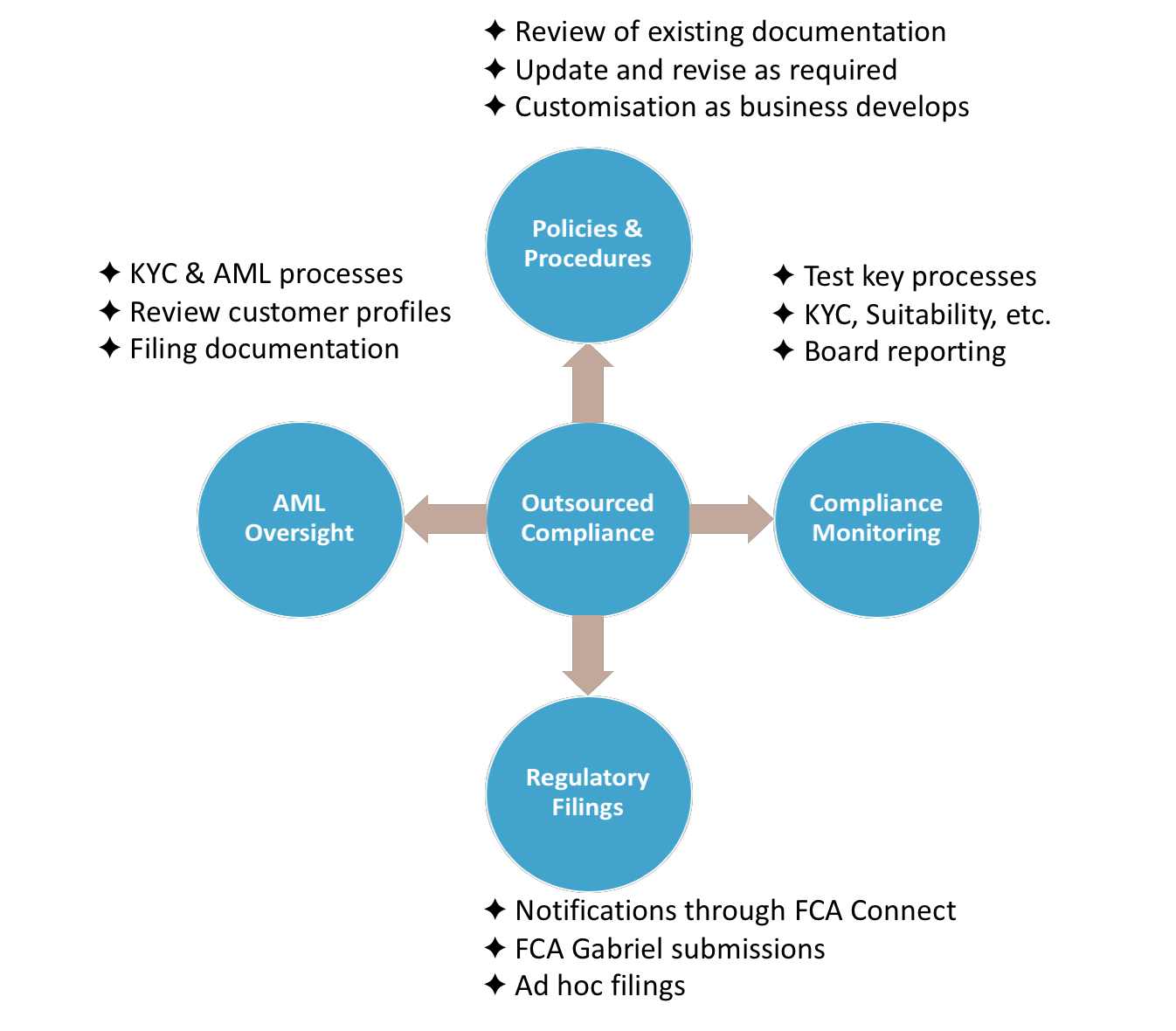
29sixservices
Add a review FollowOverview
-
Founded Date October 7, 1958
-
Sectors Assistant production coordinators
-
Posted Jobs 0
-
Viewed 23
Company Description
Understanding Legal and Compliance Aspects in Your Outsourcing Journey

This short article is a submission by Managed Services Partners. Managed Services Partners is an outsourcing firm with over 6 years of experience helping services improve operations and drive development.
Starting the outsourcing journey is an endeavor that many businesses undertake to enhance performances, lower costs, and utilize specialized talent.
However, along with these potential advantages come a host of legal and compliance intricacies that need to be thoroughly navigated to make sure the success and sustainability of outsourcing initiatives.
This comprehensive guide will explore crucial legal and compliance factors to consider, with a focus on information personal privacy laws, non-disclosure arrangements (NDAs), non-compete provisions, and the crucial function of versatility in today’s dynamic service environment.
The contracting out landscape
Outsourcing is more than a technique for offloading non-core tasks; it is a transformative method that can boost a company’s versatility and competitiveness.
Whether it’s IT services, customer support, producing procedures, or human resources, outsourcing can use a significant edge. Companies that effectively contract out can concentrate on core service operations, drive development, and gain access to leading talent without the overhead expenses of full-time employment.
However, this journey is not without its legal and compliance challenges. Companies need to bear in mind the complexities surrounding the transfer and management of data, the defense of intellectual residential or commercial property (IP), and the upkeep of regulative compliance.
Given the international nature of outsourcing, companies should also think about cross-border legal ramifications, which may vary substantially depending upon the nation where the outsourcing service provider operates.
Understanding these elements is important in making sure that outsourcing partnerships line up with a company’s tactical objectives while mitigating prospective legal dangers.
In a lot of cases, services that disregard legal and compliance factors to consider face expensive conflicts, loss of delicate data, or reputational damage that can take years to recover from.
Importance of legal considerations
Outsourcing inherently involves legal considerations that are vital to safeguarding a business’s interests. At the leading edge is the need to secure delicate details. Companies need to comprehend and follow data personal privacy laws that govern the jurisdictions in which they run.
This is particularly critical as information breaches can lead to severe punitive damages and reputational damage.
Furthermore, intellectual home rights need to be plainly defined in contracting out arrangements to prevent unapproved usage or misappropriation of exclusive properties. If these rights are not effectively established, a business might lose control over crucial developments or personal service procedures.
For businesses operating in extremely regulated markets such as healthcare, financing, or legal services, compliance requirements are even more rigid.
Sticking to guidelines such as the General Data Protection Regulation (GDPR) in Europe or the Health Insurance Portability and Accountability Act (HIPAA) in the United States is vital to avoiding legal issues.
Non-Disclosure Agreements (NDAs) and non-compete stipulations
When outsourcing, business frequently share exclusive information with external service companies.
To safeguard this valuable information, NDAs are used. These contracts are developed to avoid the unapproved dissemination of secret information, consequently protecting the company’s competitive benefit.
NDAs should be detailed and legally binding, clearly detailing what constitutes secret information and the commitments of both celebrations in dealing with delicate information. Businesses should also make sure that their NDAs include provisions for legal option in case of breaches.
Similarly, non-compete clauses can be consisted of to avoid company from making use of sensitive knowledge gained during the outsourcing collaboration to benefit a rival. This is specifically crucial when outsourcing freelancers or companies that might have several clients in the very same industry.
However, the enforceability of non-compete stipulations can differ significantly depending on the jurisdiction. Some areas have rigorous guidelines restricting the scope and period of such provisions.
Therefore, it’s essential for business to seek advice from legal specialists with experience in the relevant legal structures to prepare effective contracts.
Contracts: Setting the structure
Contracts serve as the plan for the outsourcing partnership, specifying functions, responsibilities, deliverables, and timelines. They also lay out the legal and compliance expectations for both parties.
A well-structured contract must attend to numerous crucial elements:
Scope of work: Clear and comprehensive descriptions of the services to be offered, including quality requirements and performance metrics.
Data security: Specific clauses connected to data protection, data transfer procedures, and breach notification procedures to ensure adherence to personal privacy laws.
Copyright rights: Provisions that establish ownership of IP developed during the collaboration, and terms that safeguard pre-existing IP.
Termination provisions: Terms that resolve the possible end of the outsourcing relationship, including notice durations and conditions under which termination can happen without penalty.
Additionally, companies must consider executing service-level agreements (SLAs) to guarantee accountability and performance tracking. SLAs define quantifiable standards that the outsourcing service provider should meet, with recourse if expectations are not fulfilled.
Engaging with company
Consulting with prospective company throughout the early stages of the outsourcing journey is a tactical relocation. This engagement enables companies to gauge the service provider’s ability to meet legal and compliance requirements.
Thorough vetting procedures, such as asking for references, reviewing past tasks, and evaluating compliance accreditations, can supply important insights into the supplier’s dependability and adherence to industry standards.
Businesses must likewise evaluate the financial stability of potential contracting out partners.
A company that faces monetary challenges may not have the ability to preserve operations long-term, positioning a threat to continuous jobs. Conducting due diligence beforehand can avoid future interruptions.
The function of versatility in legal and compliance techniques
Adaptability is a vital part of effective outsourcing, especially when it comes to browsing progressing legal landscapes. Regulations and market conditions can change quickly, making it crucial for business to remain nimble.
Building versatility into agreements and developing processes for ongoing compliance tracking can assist businesses adjust to brand-new legal requirements and maintain an one-upmanship.
For example, if a business is contracting out customer support operations to numerous countries, they need to make sure compliance with various national laws regarding consumer protection and data personal privacy.
Regularly updating policies and agreements in reaction to legal changes can prevent legal mistakes.
Real-world considerations and finest practices
To ensure legal and compliance success in outsourcing, businesses need to adopt the following finest practices:

Regular audits and assessments
Conduct routine audits and assessments to ensure that service suppliers remain certified with legal and regulative requirements. This proactive method can help determine prospective gaps before they intensify into considerable problems.
Training and awareness
Educate staff members and outsourced teams on data security practices and legal obligations. This makes sure that everybody associated with the outsourcing journey comprehends the value of compliance and the function they play in securing details.
Collaboration and interaction
Foster a collaborative relationship with service suppliers. Open lines of communication can assist address compliance concerns without delay and facilitate joint analytical efforts.
Crisis management planning
Have contingency strategies in place in case of security breaches, contract disputes, or service provider failures. A well-structured crisis management strategy makes sure that businesses can rapidly respond to obstacles without substantial disturbances.
Legal compliance for contracting out success

Understanding the legal and compliance elements of outsourcing is essential for companies seeking to take advantage of external abilities while securing their interests. By focusing on crucial locations such as data personal privacy, NDAs, non-compete provisions, intellectual property rights, and versatility, companies can effectively navigate the outsourcing landscape.
Successful outsourcing hinges on a collaborative technique between the company and its company. Building trust and keeping transparent interaction can cause reliable problem-solving and a shared dedication to compliance.

